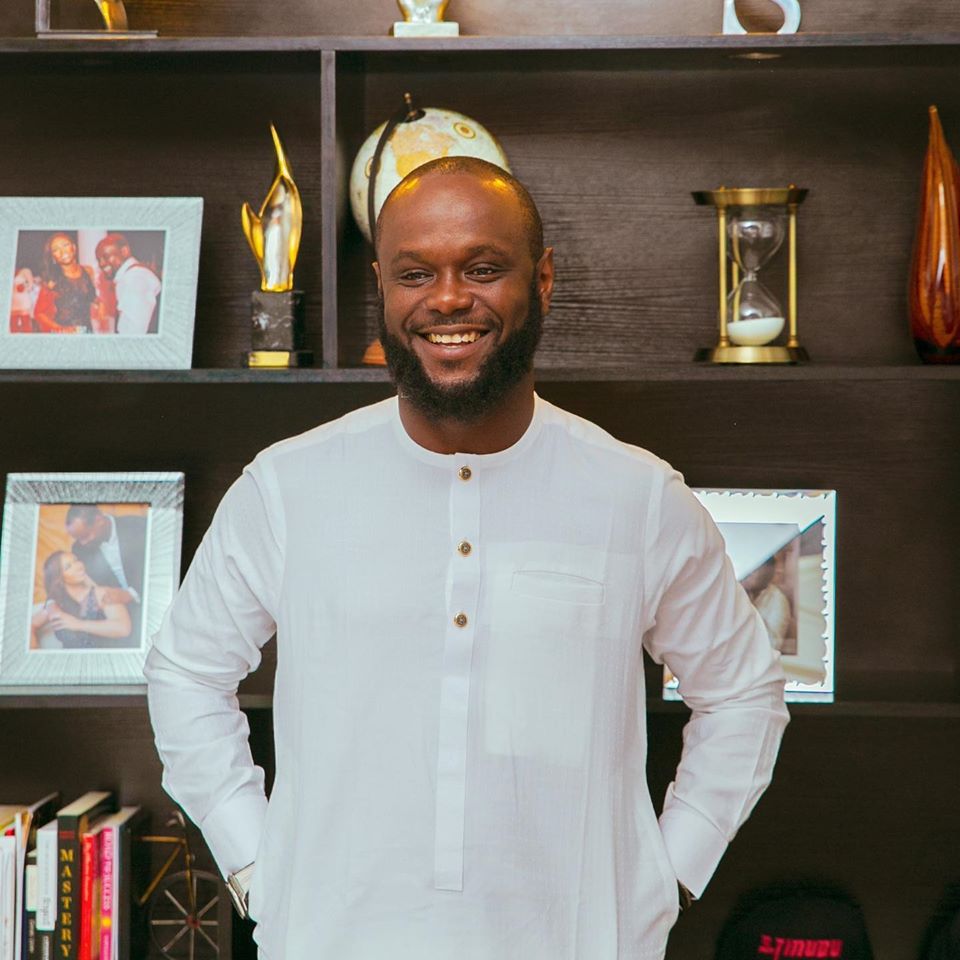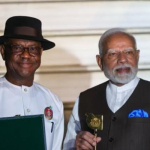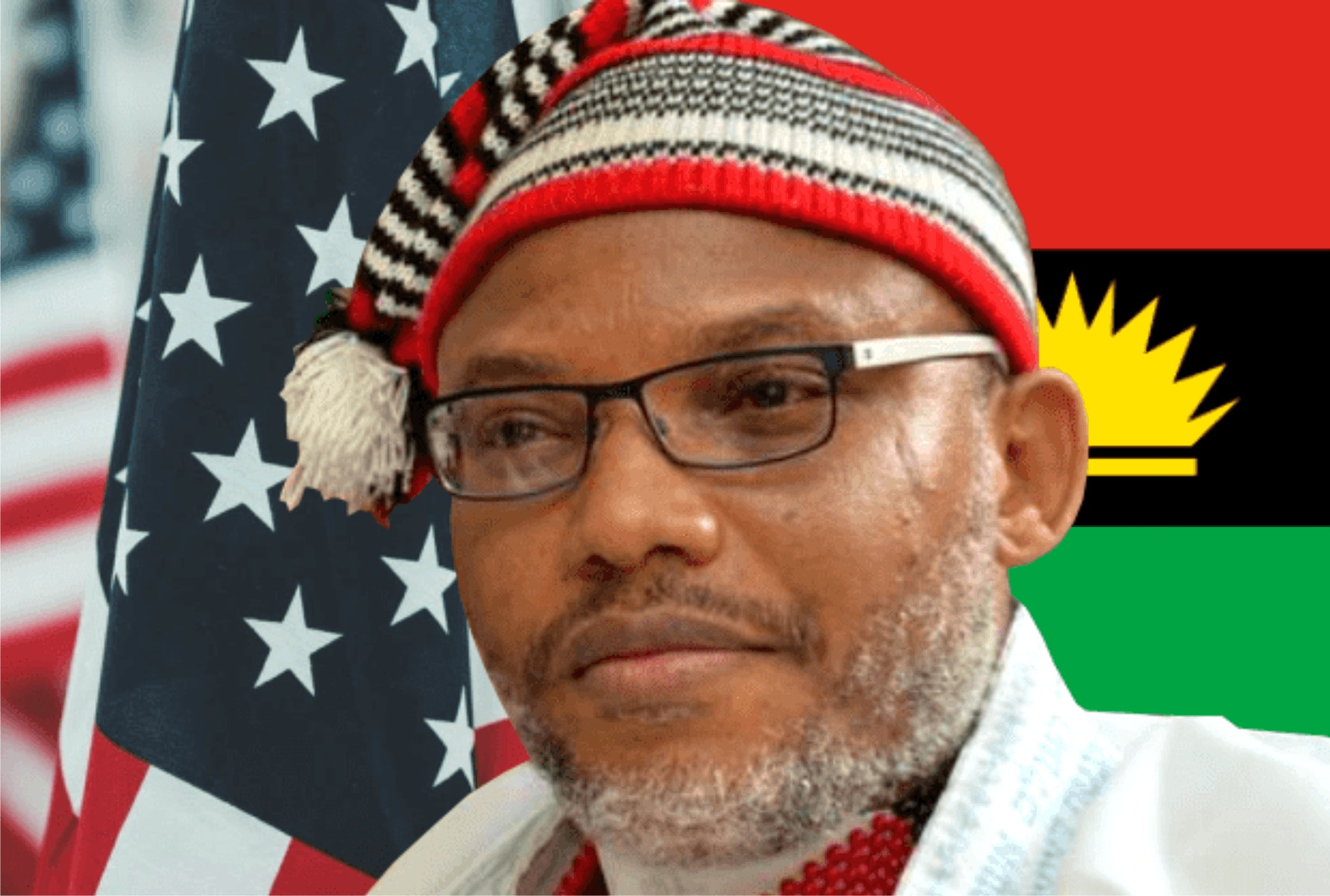Tensions are rising in Lagos State as the Coalition of Lagos Indigenous Youths has strongly condemned the endorsement of Seyi Tinubu, son of President Bola Ahmed Tinubu, as a potential candidate for Lagos State Governor in 2027. This rejection comes after the Coalition of Nigerian Youth Leaders (CONYL) issued a statement in Owerri, Imo State, backing Seyi Tinubu for the position.
The Coalition of Lagos Indigenous Youths, in a statement signed by Abdul Kareem Whyte on November 22, 2024, described the endorsement as an affront to Lagos indigenes, who they claim have faced marginalization in leadership since 1999. The group expressed outrage that CONYL, an organization with no direct ties to Lagos, would advocate for a non-indigene to govern the state.
“Lagos State has been under the leadership of non-indigenous figures for decades, leaving our communities underdeveloped and our traditional systems distorted,” the group said. “We reject this endorsement as anti-democracy and a deliberate attempt to deny Lagosians the opportunity to govern their own land.”
The controversy began on November 21, 2024, when CONYL leaders, including President General Goodluck Ibem, Secretary Junard Abubakar, Public Relations Officer Iniobong Sampson, and Publicity Secretary Adeyemo Adewale, announced their resolution following a meeting in Owerri. They argued that Seyi Tinubu’s recent experience made him a suitable candidate for Lagos but suggested he could equally pursue leadership in Osun or Imo States.
Lagos indigenous youth leaders, however, dismissed the suggestion as outlandish, accusing non-indigenous political actors of attempting to infiltrate the state’s leadership structure. The group emphasized that Lagosians have the right to determine their future without external interference.
The Coalition highlighted long-standing grievances, including poor infrastructure, inadequate development in rural areas, and a growing debt burden under successive governments. “Our hinterlands remain neglected while politicians who are not true sons of Lagos manipulate the system to hold onto power,” the statement added.
The group also accused some politicians of attempting to buy legitimacy by claiming ancestral ties to Lagos, warning traditional rulers against endorsing such claims. “We call on the Oba of Lagos to remain vigilant and resist pressure from non-indigenous aspirants seeking validation for their ambitions,” they stated.
In a stern warning, the group vowed to resist any political moves they perceive as marginalizing Lagos indigenes. “We are prepared to fight dirty if necessary to protect the rights of Lagosians,” they declared.
The endorsement of Seyi Tinubu has sparked heated debates across Nigeria’s political landscape. Critics argue that his candidacy, even if legitimate, could further polarize Lagos politics and deepen existing tensions between indigenous communities and settlers.
Supporters of Seyi Tinubu have dismissed the criticisms, pointing to his track record in philanthropy and youth advocacy as evidence of his suitability for leadership. However, many residents are calling for a focus on governance issues, including addressing the state’s infrastructural challenges and improving the quality of life for Lagosians.
The Coalition of Lagos Indigenous Youths urged CONYL to redirect its efforts toward promoting policies and initiatives that benefit the youth rather than endorsing candidates for political offices. “Advocating for good governance and youth empowerment would be a more productive use of their platform,” the group noted.
As the 2027 elections approach, the debate over who should lead Lagos State continues to unfold, with questions about representation, governance, and the future of Nigeria’s commercial capital at the forefront.







2 Comments